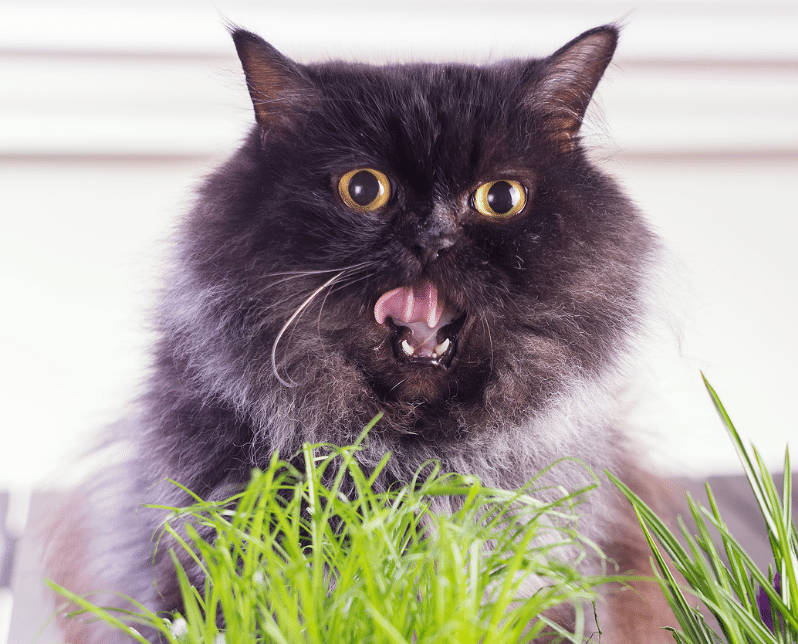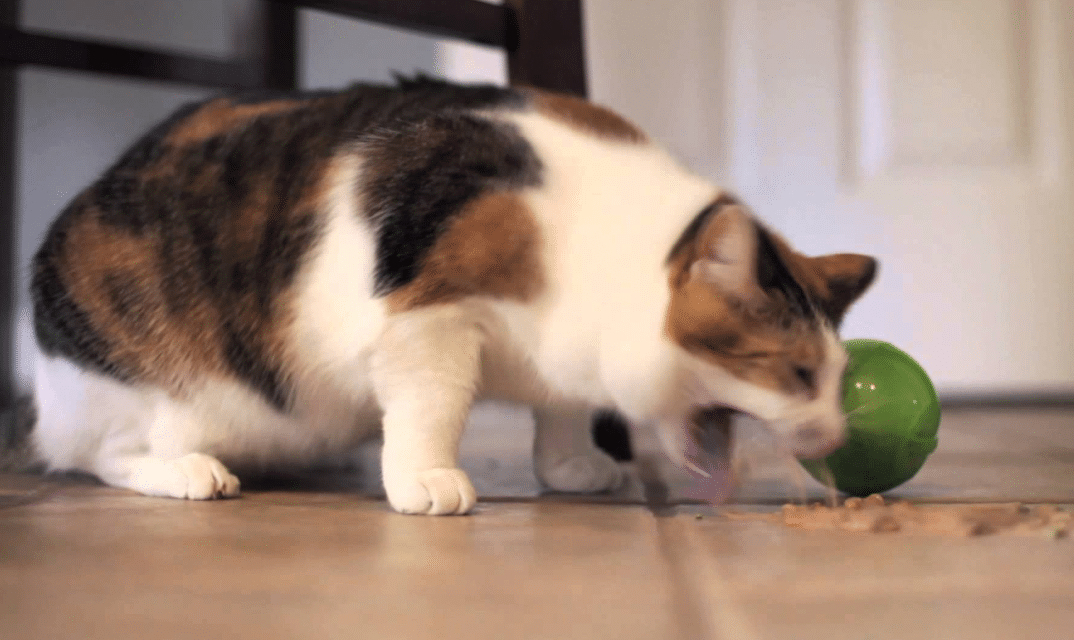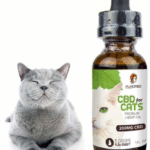Cat Vomiting Treatment
Cat Vomiting Treatment
Cat Vomiting: Vomiting is a very common problem with cats with a multitude of causes. They range from eating something poisonous or inedible (like string) to infection, urinary tract disease, or diabetes to hairballs. Symptoms are usually obvious and include drooling and abdominal heaving.
Vomiting can quickly leave your cat dehydrated, so if the kitty continues vomiting or acts ill, call your vet right away. It may help to collect a sample of your cat’s vomit and take it with you to the vet. Although a cat vomiting up a hairball every so often is normal, there are times when you may need to be concerned.

Hairballs shouldn’t be painful, frequent, or difficult for your cat to pass. Untreated hairballs can also go the other way and cause painful intestinal blockages in extreme cases, according to The Nest, so keep track of your cat’s normal routine and watch out for signs of constipation, lethargy, and anorexia if she has not passed a hairball in a while. If your cat has a consistent hairball problem, you might want to look into a cat food that is formulated for hairballs.
Cat Vomiting Bile
Bile is a bitter, yellow-green fluid that is created in the liver and stored in the gallbladder until the food has been ingested. It is then released into the small intestine to aid in the digestion of food and to emulsify the food so that it can be used appropriately by the body. Bile also carries various waste materials out of the body along with the feces.
Causes
- Eating habits: Overeating, or eating too speedily, can cause a cat to vomit. Similarly, too much movement or vigorous exercise after a meal can lead to vomiting.
- Non-digestible: When your cat eats hair (like their fur), house plants, grass, or any other substances that aren’t digestible, their system will respond by rejecting the items through vomit.
- Diseases: Some diseases — such as liver failure, kidney disease, or irritable bowel disease — can have vomiting as a symptom.
- Allergies: Food allergies, or food intolerances, can also lead to your cat rejecting a meal.
- Parasites: Having a parasite can also be a contributing factor to vomiting.
You will need to give a thorough history of your cat’s health, a background history of symptoms, possible incidents that might have led to this condition, and recent activities. As much as you can, you will need to tell your veterinarian when the symptoms began, and how frequently the vomiting occurs.
Cat Vomiting Foam
If you spot your cat throwing up white foam, a number of different things could be the cause. Cats vomit white foam due to everything from hairballs to more serious health conditions such as gastritis. The key for owners is to pay attention to any accompanying symptoms their cats might display, as veterinary attention might be necessary. This is especially true if your cat is continuously vomiting or stops eating.
While throwing up white foam in cats is not uncommon, it’s crucial to pay close attention to your pet’s vomiting patterns. If your cat’s throwing up is excessive, take her to the veterinarian immediately for an assessment. If your cat keeps throwing up bile, food, and liquid, her body risks deprivation of vital minerals and fluids, which can bring upon severe dehydration that can lead to coma and death. Repeated vomiting bouts generally indicates trouble inside the body.
Cat Vomiting Blood
This can be caused by external trauma, swallowing a foreign object, or inflammation. If the cat’s vomit has dark blood that resembles coffee grounds, that could be from issues within the digestive tract. Regardless, both types of problems deem a trip to the veterinarian, especially if other symptoms are present.
Symptoms to keep an eye out for include:
- Lethargy and weakness
- Difficulty breathing
- Shallow breathing
- Diarrhea
- Loss of appetite
- Pain
- Fever
- Black stool
Again, this is a serious condition that requires immediate veterinary care. The best thing you can do for your cat is to contact a veterinarian as soon as possible. Bleeding from the intestinal tract or vomiting blood can be life-threatening, depending on the rate of blood loss and the underlying cause. Severe blood loss from vomiting or diarrhea can lead to serious problems with the other organs and can ultimately lead to death.
Cat Vomiting And Diarrhea
Cat diarrhea (abnormally loose or liquid stools) and cat vomiting (the act of expelling content from the stomach through the mouth) is an unfortunate, but common part of pet ownership. In fact, they are the most common symptoms of upset stomach seen in cats.
Each fall under the term gastroenteritis, meaning an upset or inflamed stomach and intestines. Same as with people, diarrhea and vomiting can be caused by various underlying problems, ranging from minor to serious or even life-threatening.

Gastroenteritis is a diagnosis of exclusion, which means that your veterinarian needs to eliminate or rule out other possible causes. The first step toward finding the cause of vomiting, diarrhea, and lethargy is a good medical history.
Some key information in your cat’s medical history includes:
- Your cat’s current diet, how often you feed your cat, and how much he or she eats.
- Everything your cat ate or drank within the past 48 hours.
- Any new foods, treats, or rewards.
- Recent exposure to pesticides, medications, cleaning agents, or similar materials in your home environment.
- Recent exposure to a new animal or person.
- Previous episodes of vomiting and diarrhea (including their cause and treatment).
- Illness within the past month.
- Any chronic illnesses that your cat may have.
- Any medications, vitamins, or supplements given within the past month
What To Give A Cat For Vomiting?
- Remove all food and water for at least 12 to 24 hours.
- If the cat’s vomit contains blood or is frequent, contact the veterinarian immediately.
- After 12 to 24 hours, feed the cat a mixture of small quantities of boiled chicken breasts, skinned and boned, with rice (50:50 mixture).
Why Is My Cat Throwing Up?
As a pet parent of a cat, cat puking is probably all too common. Whether it’s hairballs or a little food finding its way to the floor, vomit is usually nothing to get overly concerned about. Many cats throw up after eating too quickly, or as the result of hairballs caused by grooming.
Why Is My Cat Throwing Up Undigested Food?
There are several reasons for cats to regurgitate or vomit: Gorging – Cats that eat too much too fast may regurgitate from triggering a stretch reflex in the stomach. These cats regurgitate right after eating and the food is undigested in a tubular shape. It can also look like a round pile of undigested food.



